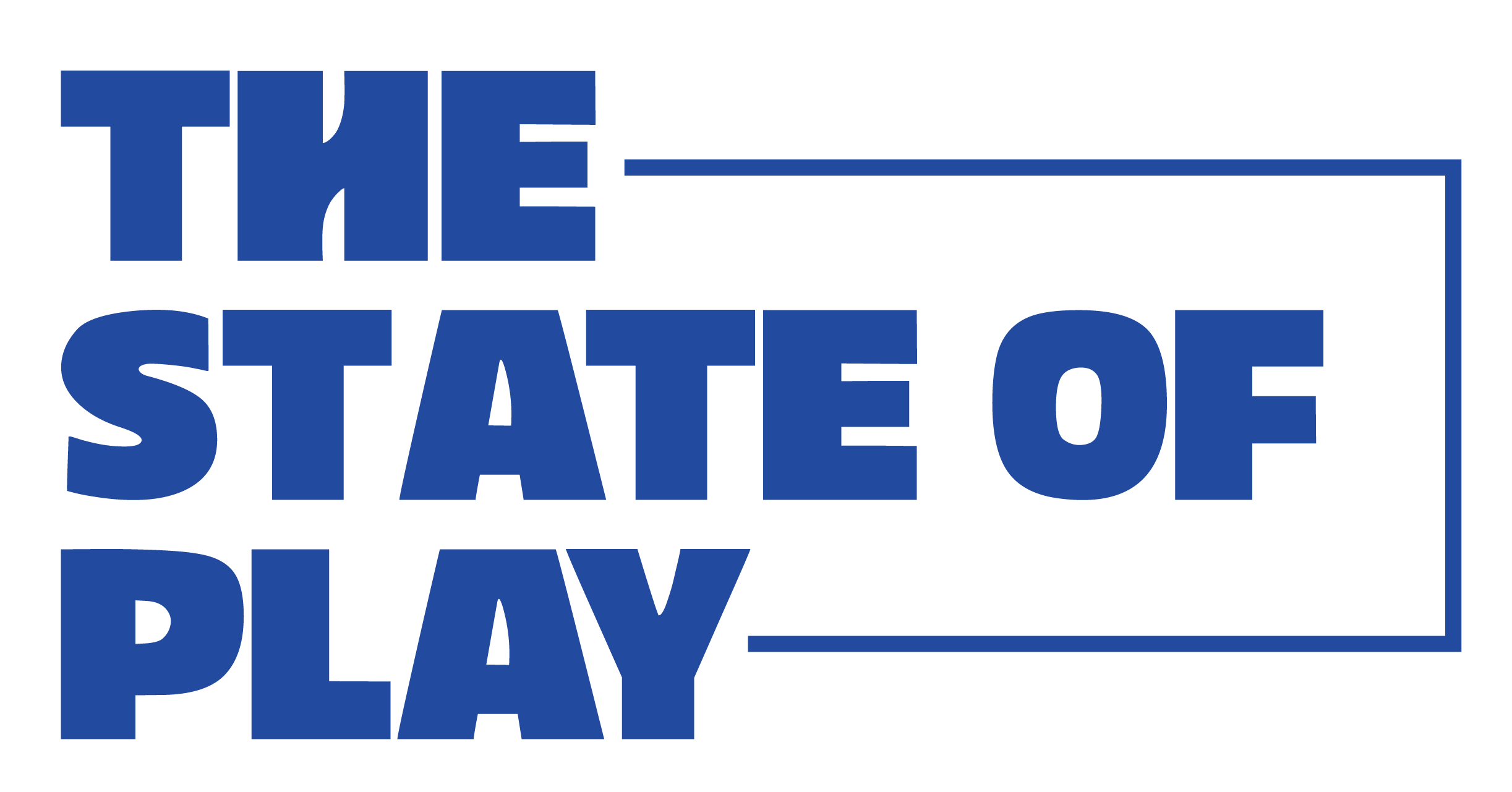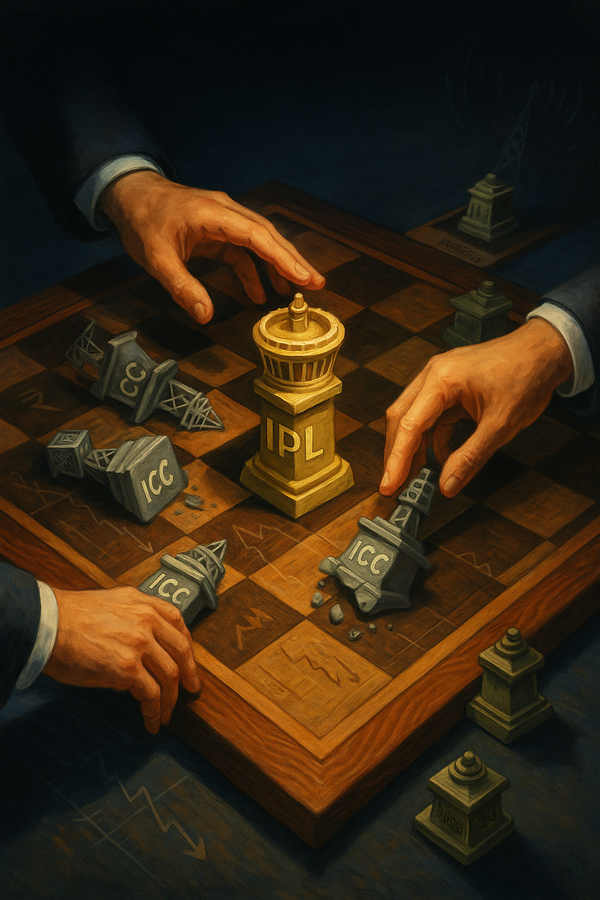Inside Dream Sports’ post-RMG metamorphosis
India’s online real-money gaming ban vaporised Dream11’s profit engine. Next week, the company relaunches with a radically different design. The State of Play has exclusive details on what comes next.

On August 20, the day before Parliament passed the bill that would kill real-money gaming (RMG), Dream Sports co-founder and CEO Harsh Jain called a town hall at the company’s headquarters in Mumbai’s Bandra Kurla Complex. He told his 1,307 employees that Dream11 would wind down its RMG operations. The mood, people present recall, was sombre. Ninety-five percent of the company’s revenue was about to disappear.
Then Jain made a promise: no layoffs. He also told the room that Dream Sports would not challenge the law in court, unlike several competitors who were already preparing legal battles.
While rivals started cutting staff, Dream11 signalled defiance. The commitment felt strangely out of step with the scale of the shock.
The company had two advantages: it had been profitable (Rs 188 crore in FY23, the last year before GST changes cratered margins) and it had deep pockets. The more than $1 billion raised, money once meant to outspend competitors, became a lifeline.
Three months later, the outlines are clear. The company is preparing to relaunch Dream11, introduce products for people who have (likely) never used the app, and place bets in markets others no longer see.





